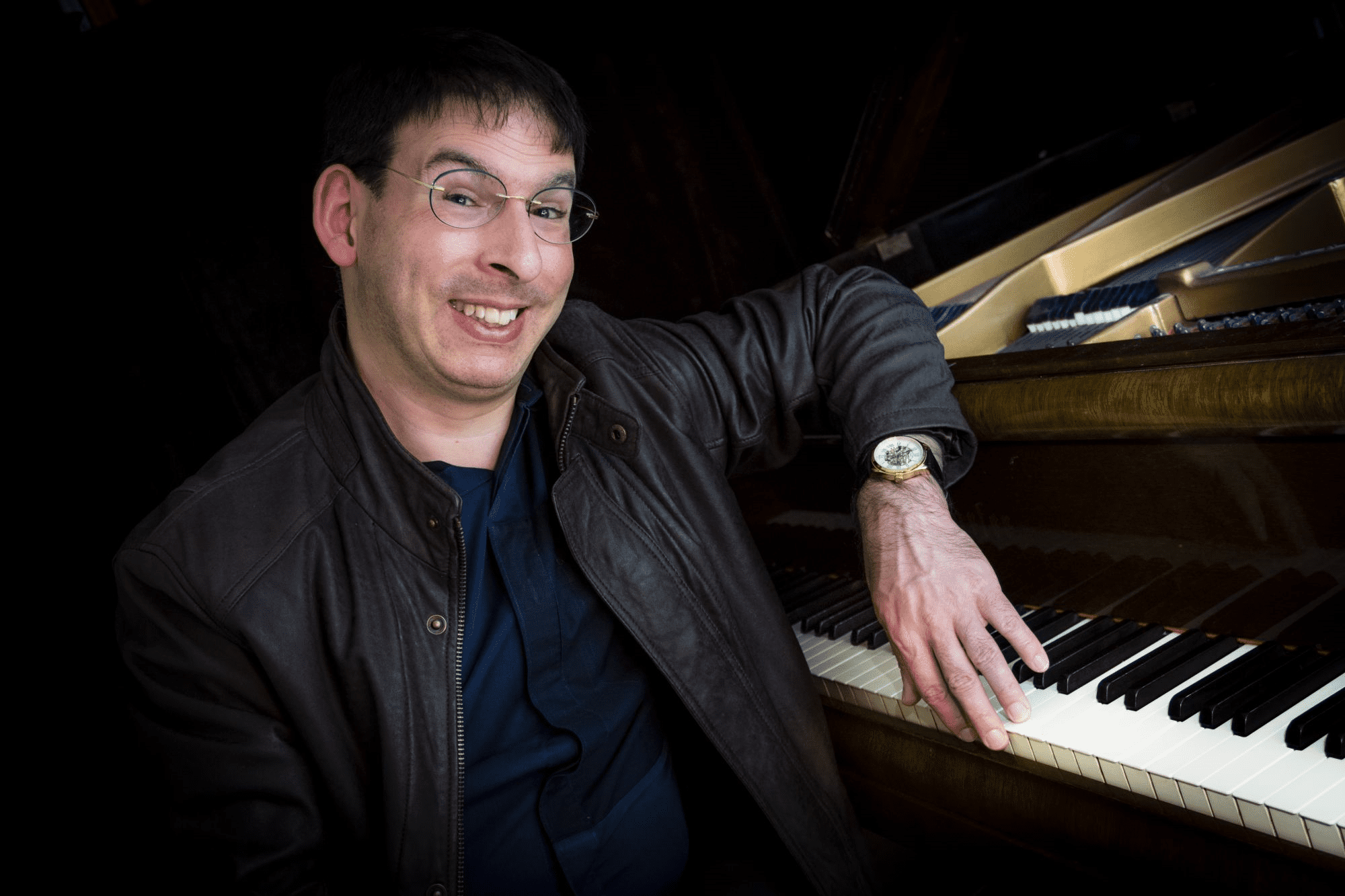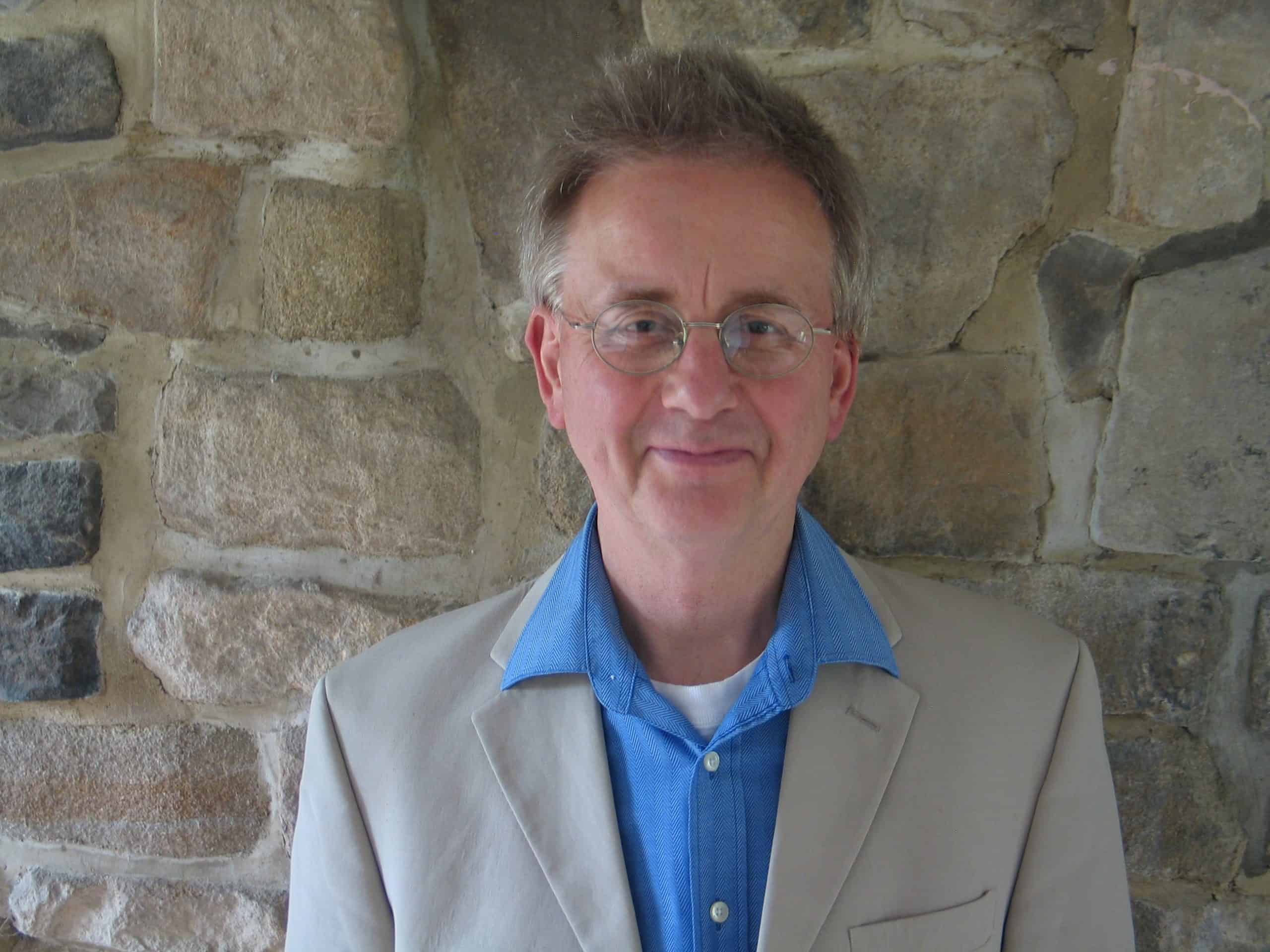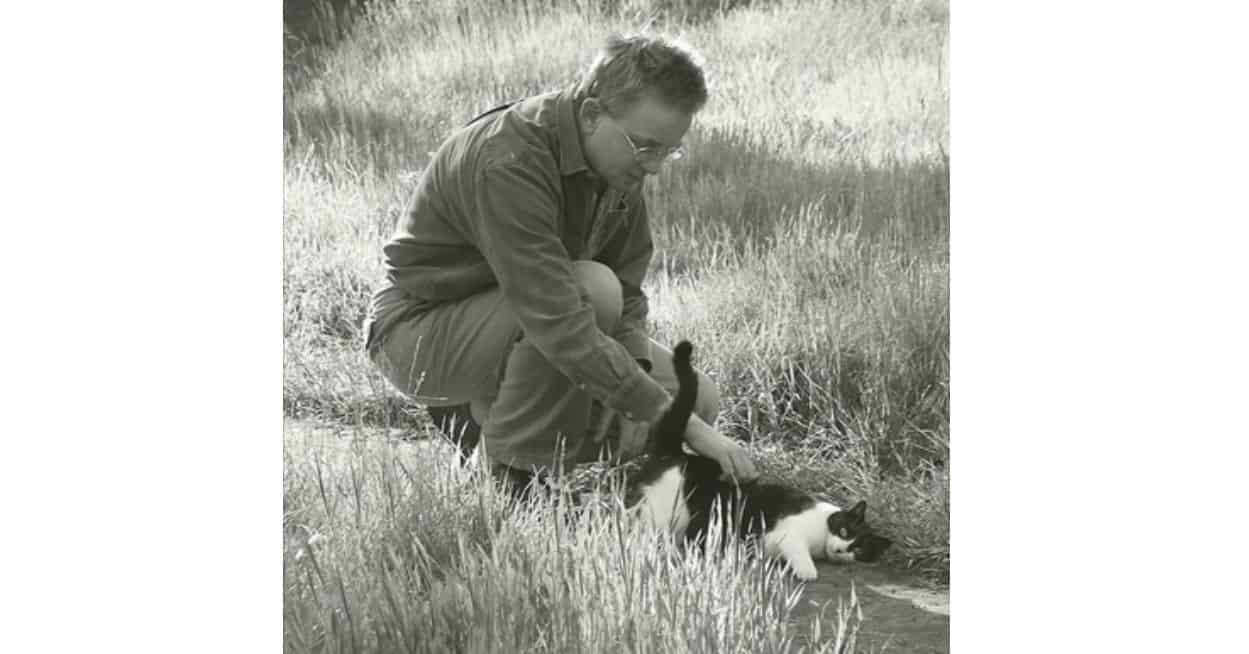2022 sees the centenary of the death of the Yorkshire composer William Baines (1899-1922). He wrote in the region of 150 pieces in many genres in his brief and parochial life, but it is the piano with which he is most associated. As Gramophone magazine commented on an earlier album of piano music, “The name William Baines may be unfamiliar to many readers but I would certainly place him among the major figures in English piano music in the early part of this century. The output he produced during his tragically short life – he succumbed to incipient tuberculosis at the age of 23 in 1922 – is truly phenomenal.”
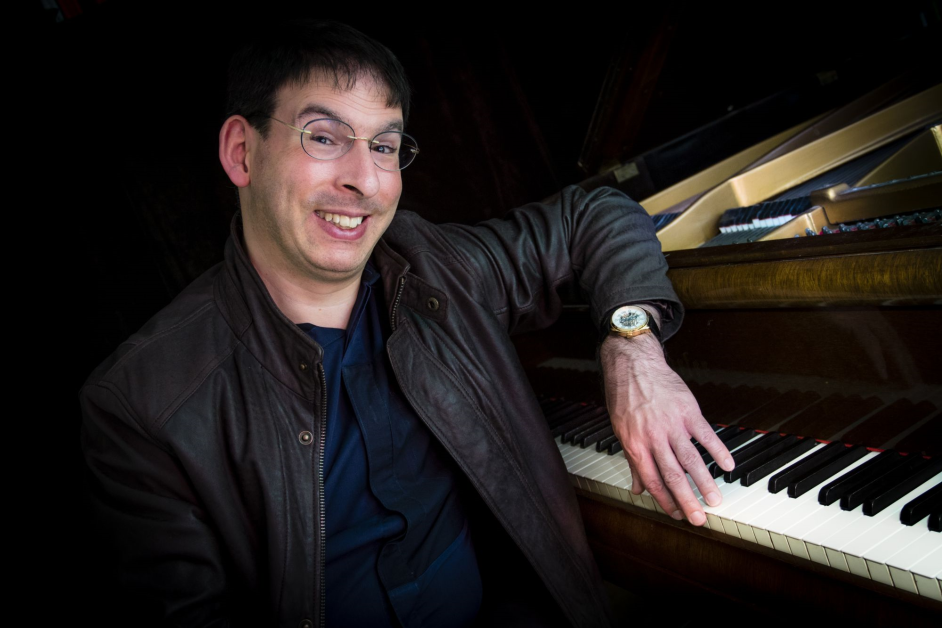
The distinguished English pianist Duncan Honeybourne, long a champion of Baines’ piano music, has put together a programme that includes first recordings of Seven Preludes – Set 2, and Pictures of Light, together with the established works Tides and Paradise Gardens amongst others. Duncan will be joined by the singer Gordon Pullin – whose seven recorded volumes of English Tenor songs sample the entire repertoire of the genre – in the Five Songs of William Baines, written by him within a week in September 1919, and never before publicly recited or recorded.
The disc will include At the Grave of William Baines, a substantial piece for piano written by Robin Walker as a tribute to the composer upon the centenary of Baines’ birth in 1999. The grave is in Horbury, in the West Riding of Yorkshire, but Baines had lived and died on the same street in York where Robin was brought up a generation or so later.
The recording sessions will take place in Hereford at the end of May 2022 and the album will be scheduled for release by Divine Art Records in the autumn.
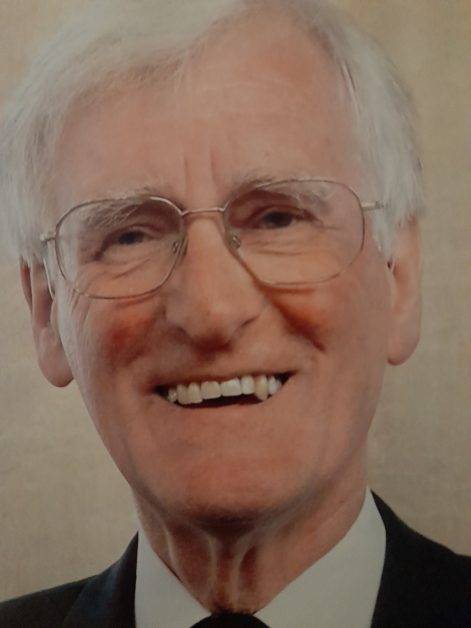
Gordon Pullin first sang the songs of William Baines in York, accompanied by Francis Jackson, the Minster organist. They also performed some of them at Nun Appleton Hall, where the piano was one that Baines himself would have played. Gordon Pullin has always specialised in English Song, making a number of CDs for the British Music Society entitled ‘The English Tenor Repertoire’, and giving recitals on the BBC which included songs by Parry, Vaughan Williams, Finzi, Ireland, Bax and many others (including Francis Jackson), as well as many first performances. He sang the first two of the Baines songs in the play about the composer, ‘Goodnight to Flamborough’, which was broadcast on the BBC.
Duncan Honeybourne enjoys a diverse profile as a pianist and in music education. Following his concerto debuts at Symphony Hall, Birmingham, and the National Concert Hall, Dublin, he made recital debuts in London, Paris and at international festivals in Belgium and Switzerland. Commended by International Piano magazine for his “glittering performances”, Duncan has toured extensively as soloist and chamber musician, broadcasting frequently on BBC Radio 3 and radio networks worldwide. His many recordings reflect his long association with 20th and 21st century British piano music, and he has given over 70 world premieres, including works written for him by John Joubert, John Casken and Cecilia McDowall. For Divine Art, he previously recorded an album of piano music by Luke Whitlock (DDA 25121).
Robin Walker, who is contributing his work to this recording as a tribute to Baines, and is also producing the disc for Divine Art, is an established composer from Yorkshire, deserving also of a wider international audience. His work appears on three Divine Art CDs including one (‘Turning Towards You, DDA 25180) devoted to his chamber music which was chosen as one of his ‘Records of the Year 2019’ by Richard Hanlon of MusicWeb International.
William Baines: piano music and songs (Final Title to be Confirmed)
Label: Divine Art
Catalogue Number: DDA 25234
Performers
Gordon Pullin (tenor)*
Duncan Honeybourne (piano)
Works
William Baines
Seven Preludes: Set 2 / Pictures of Light / Paradise Gardens / Tides / Silverpoints / The Island of the Fay / The Naïad / Five Songs *
Robin Walker
At the Grave of William Baines
Explore Previous Releases
-
 The Whistling BookPrice range: 15,00 € through 21,00 €
The Whistling BookPrice range: 15,00 € through 21,00 € -
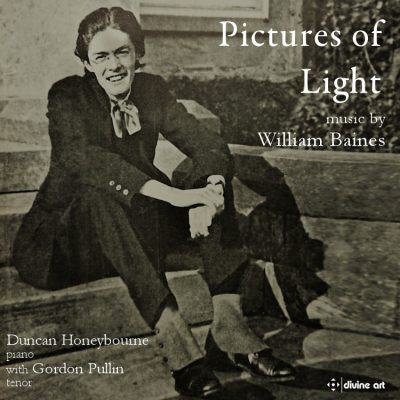 Pictures of Light – music by William BainesPrice range: 11,00 € through 18,00 €
Pictures of Light – music by William BainesPrice range: 11,00 € through 18,00 € -
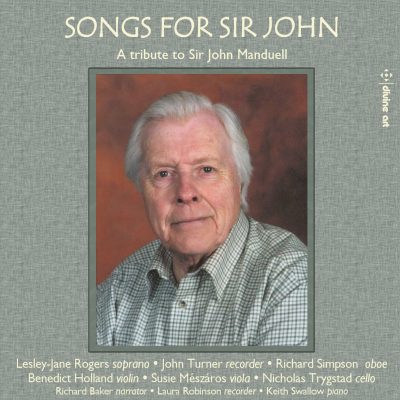 Songs for Sir John – A tribute to Sir John ManduellPrice range: 11,00 € through 15,00 €
Songs for Sir John – A tribute to Sir John ManduellPrice range: 11,00 € through 15,00 € -
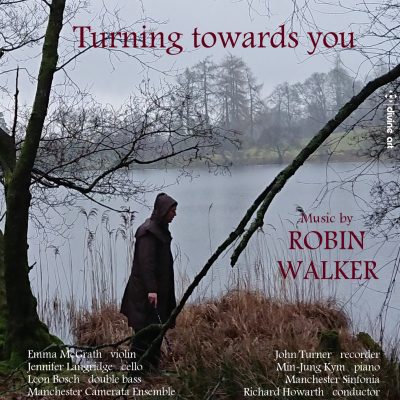 Turning Towards You – music by Robin WalkerPrice range: 11,00 € through 18,00 €
Turning Towards You – music by Robin WalkerPrice range: 11,00 € through 18,00 € -
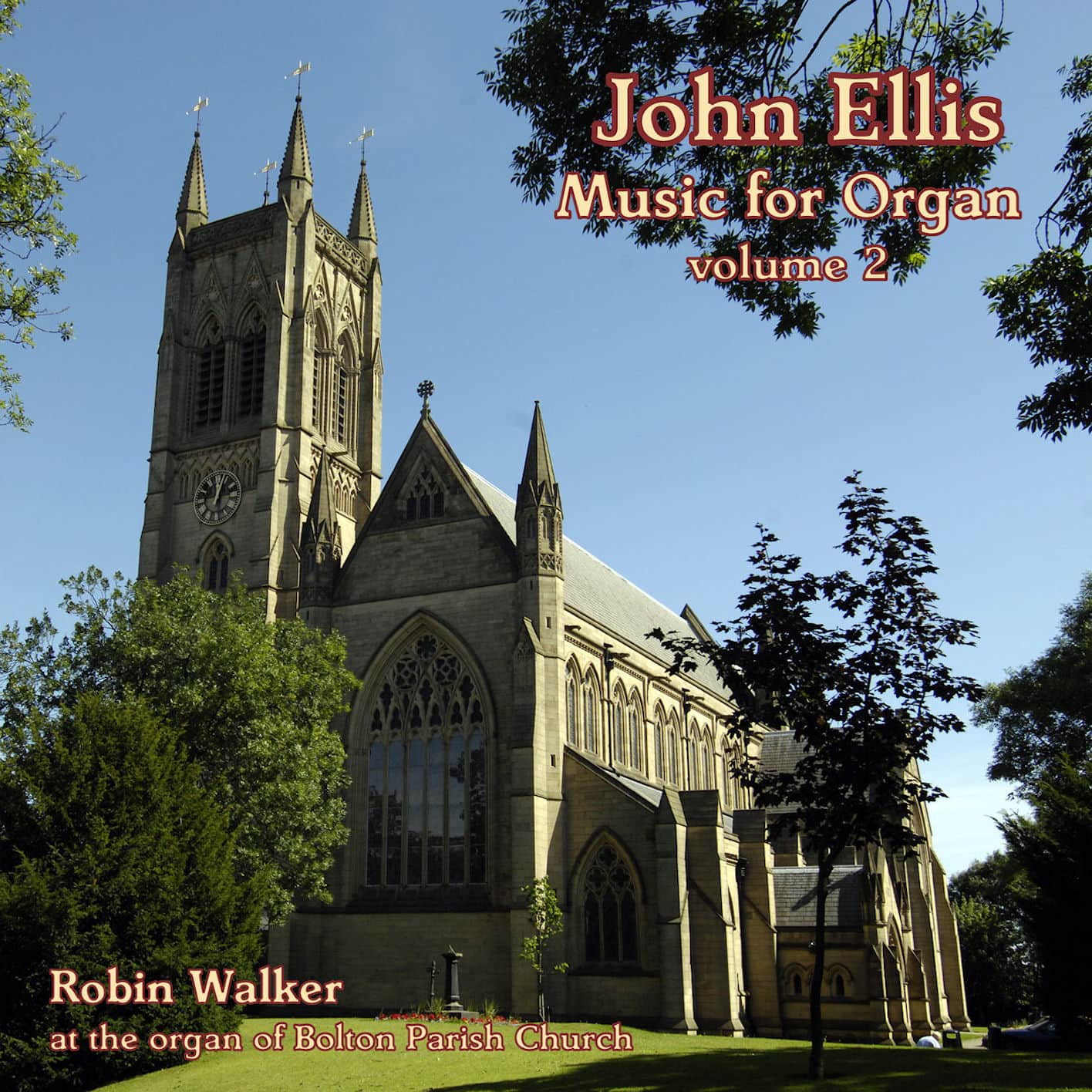 John Ellis – Music for Organ, Vol. 2Price range: 11,00 € through 15,00 €
John Ellis – Music for Organ, Vol. 2Price range: 11,00 € through 15,00 €

